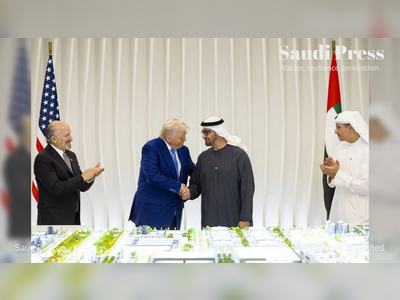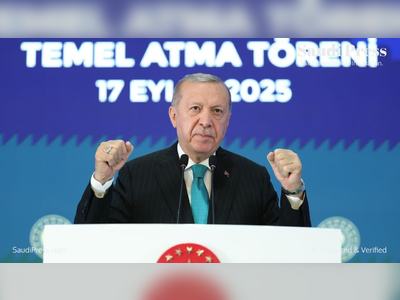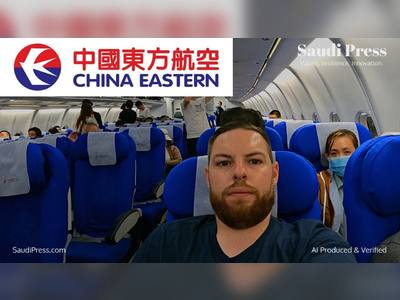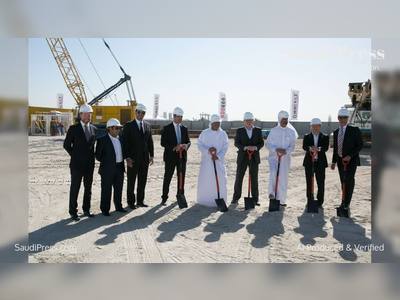Youngest Female Professor at KAUST, Dana Al-Sulaiman, Developing Affordable and Non-Invasive Cancer Diagnostic Tools using Biosensing Platforms and Nanomaterials
Professor Dana Al-Sulaiman of King Abdullah University of Science and Technology is utilizing biosensing platforms to identify cell-free nucleic acids, such as microRNAs and free DNAs, as biomarkers for chronic and age-related diseases.
Al-Sulaiman, the youngest female professor at KAUST, has researched materials science, bioengineering, and microtechnologies, leading to advancements in hydrogels, particles, and microneedles for early detection and monitoring of diseases like cancer and Alzheimer's.
Al-Sulaiman is working on creating miniature medical devices for non-invasive vaccine and medicine delivery through the skin.
He has also developed an affordable and simplified method for cancer diagnosis using nanomaterials and synthetic biomaterials.
This technique involves interpreting test results from urine or blood samples into patterns of dots on a slide, which can detect cancer.
The simplification and cost reduction of cancer detection could lead to wider testing and effective disease monitoring, potentially increasing the average human lifespan, especially in resource-limited areas.
Al-Sulaiman aspires to advance technology and create innovative medical projects, focusing on early and precise disease detection, particularly for cancer.
Her goals align with Saudi Arabia's Vision 2030 and aim to make her a pioneer in the MENA region and internationally in developing biosensing devices for disease diagnosis and personalized medicine.
She has achieved recognition in the UK's STEM for Britain competition and received the Healthcare Technologies Award during her doctoral studies.
A researcher is known for her work on using nanopore technology to quickly diagnose cancer from a patient's blood sample.
This discovery, which marks her career, offers affordable and non-invasive solutions for early and swift cancer diagnosis, benefiting a larger number of patients.
Al-Sulaiman is working on creating miniature medical devices for non-invasive vaccine and medicine delivery through the skin.
He has also developed an affordable and simplified method for cancer diagnosis using nanomaterials and synthetic biomaterials.
This technique involves interpreting test results from urine or blood samples into patterns of dots on a slide, which can detect cancer.
The simplification and cost reduction of cancer detection could lead to wider testing and effective disease monitoring, potentially increasing the average human lifespan, especially in resource-limited areas.
Al-Sulaiman aspires to advance technology and create innovative medical projects, focusing on early and precise disease detection, particularly for cancer.
Her goals align with Saudi Arabia's Vision 2030 and aim to make her a pioneer in the MENA region and internationally in developing biosensing devices for disease diagnosis and personalized medicine.
She has achieved recognition in the UK's STEM for Britain competition and received the Healthcare Technologies Award during her doctoral studies.
A researcher is known for her work on using nanopore technology to quickly diagnose cancer from a patient's blood sample.
This discovery, which marks her career, offers affordable and non-invasive solutions for early and swift cancer diagnosis, benefiting a larger number of patients.











